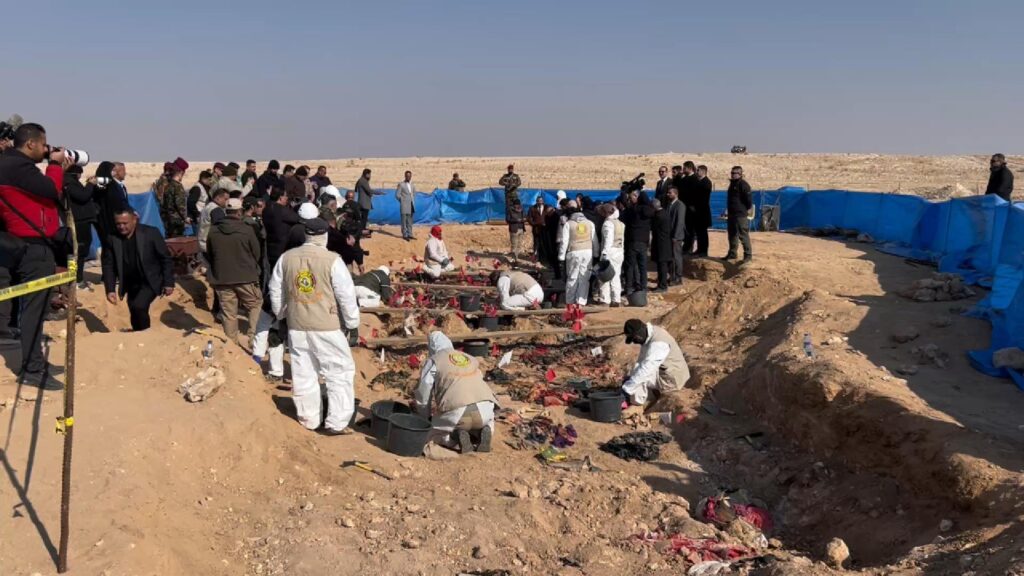From Anbar to Mosul, IS anti-personnel mines continue to kill

According to the UN, from January to September at least one hundred children have died or been injured by mines. Over 1,500 unexploded explosive devices were found in one year. The Chaldean Church calls for large-scale demining. An effective awareness campaign has been promoted among children, Bishop Mekko said.
Mosul (AsiaNews) – The presence of unexploded anti-personnel mines remains a tragic issue in northern Iraq.
According to United Nations, at least 100 children have died or been seriously injured from January to September this year by buried unexploded explosive devices.
At least one in four people is exposed to this kind of risk in one of the countries with the highest "contamination rate" based on reports from various local NGOs.
The problem is rooted in the various conflicts that have occurred over the years, from the Iran-Iraq War (1990-1988) and the US invasion in 2003 to the rise and fall of the Islamic State (IS) group.
Lebanese paper L’Orient-Le Jour recently published the story of Awad Qado, a resident of Hassan-Jalad, a small hamlet of some 50 houses not far from Mosul, once a jihadi stronghold.
In 2017, his family was rocked by the explosion of a mine that caused the death of two grandchildren who were guarding livestock. One of Awad Qado’s children was also injured, while a fourth person lost a leg, plus the loss of cattle and sheep.
“We are very much afraid for our children,” Awad Qado said. For their safety, “we tell them which streets to take and which areas to avoid”. People are constantly warned not to pick up electrical wires or anything found on the ground.
In one year, a team from GCS, a private company specialising in demining, found over 1,500 operational explosive devices. In this area, Awad Qado added, “every house has a story to tell and many children have died” from devices set off by animals wandering in fields and pastures.
Warning signs scattered everywhere are of little value, unable to prevent accidents in the provinces of Mosul and Anbar, the most affected by the problem.”
An NGO, Handicap International, reports that when IS fighters pulled out from their strongholds, they left behind countless mines, buried in the ground or connected to certain objects: refrigerators, doors, windows, hidden under rubble, toys, and appliances.
Today civilians, especially children, are paying the consequences. This is why the only possible answer, the only one feasible at present until full demining is undertaken, is to raise awareness.
Mgr Paul Thabit Mekko, coadjutor bishop of Alqosh (Iraqi Kurdistan), spoke to AsiaNews about the huge quantities of explosive devices buried underground.
“This is open question in all the areas once occupied by the Islamic State,” said the prelate, who served for years as parish priest in the Nineveh plain and headed the Catholic community in Karamles.
While the situation has improved in some areas, “not infrequently we hear reports of anti-personnel mines going off,” he explained.
The prelate cites the example of the community he once led, namely Karamles. “An extensive demining operation was carried out in the area. We knew that it was a dangerous area but they cleaned it up.”
“At the same time, we invite NGOs and associations to schools and parishes to raise awareness among children, so that they are conscious of the dangers.”
The Iraqi Church has always been interested in the issue of unexploded mines and bombs. The Chaldean patriarch, Card Louis Raphael Sako, spoke about it on several occasions calling for the Nineveh plain to be cleared of all such devices.
In a letter dated September 2016, the patriarch said that in order to rebuild houses, churches and hospitals, it is essential to sweep the ground.

